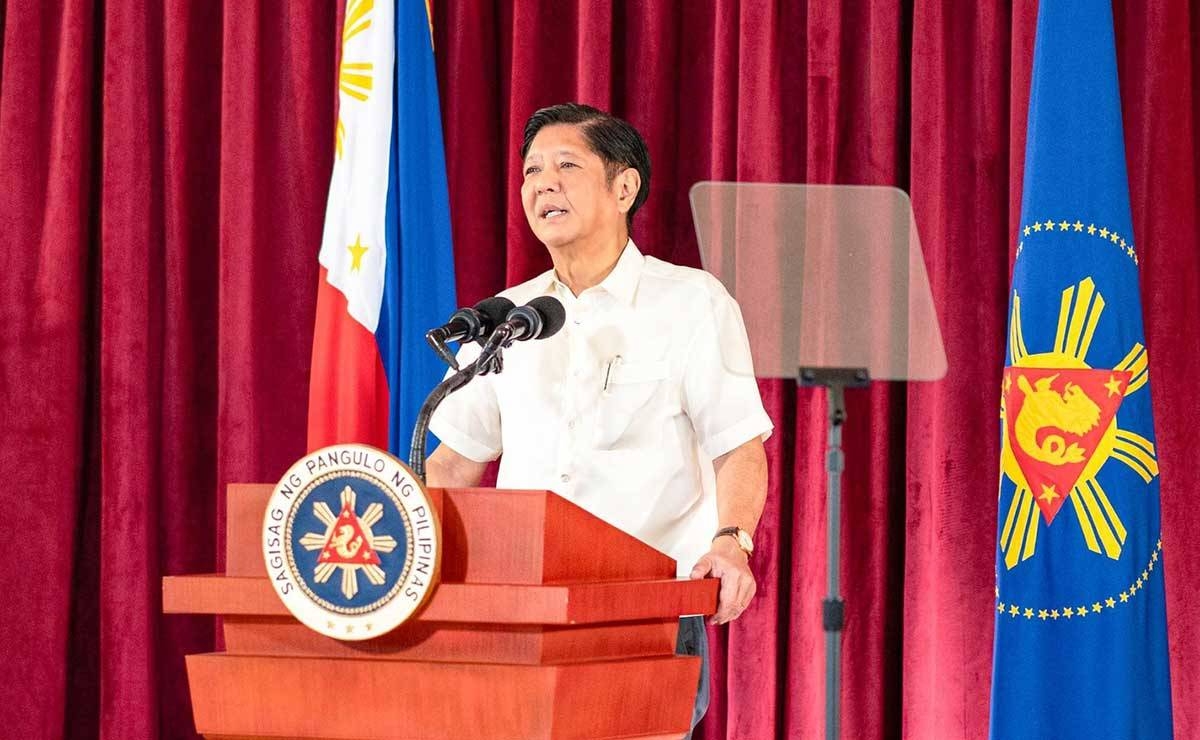President Ferdinand Marcos Jr. has recently appointed Rogelio Quevedo as the commissioner of the Presidential Commission on Good Government (PCGG), according to an announcement from Malacañang. Quevedo, who previously served as a member of the Government Corporate Counsel, brings a wealth of experience in legal matters concerning government corporations and financial institutions, including the Philippine Amusement and Gaming Corp.
The PCGG, which operates under the supervision of the Department of Justice, was originally established to recover the alleged ill-gotten wealth of the late former president Ferdinand E. Marcos Sr., who is the father of the current President. However, Marcos Jr. has expressed his intention to expand the commission’s mandate beyond the pursuit of the Marcos family’s assets.
During his campaign, Marcos Jr. promised to strengthen the role of the PCGG in combating graft and corruption within the government. He emphasized that the commission’s focus should not be limited to the Marcos family but should extend to all instances of corruption, regardless of the individuals involved.
“Instead of solely targeting the Marcoses, our efforts should be directed towards any corrupt individual, including my own relatives. If someone in my family is involved in corrupt practices, their name should be exposed, just like anyone else’s. We are in a different era now. The issue of ill-gotten wealth is no longer the sole concern. Our primary focus is to tackle graft and corruption within the government,” Marcos Jr. stated.
By appointing Rogelio Quevedo as the commissioner of the PCGG, President Marcos Jr. demonstrates his commitment to fulfilling his campaign promise. Quevedo’s expertise in legal matters related to government entities and financial institutions will undoubtedly contribute to the commission’s efforts in combating corruption effectively.
The appointment of Quevedo comes at a crucial time when the Philippines is actively working towards strengthening its institutions and promoting good governance. With corruption being a persistent issue in the country, the PCGG plays a vital role in ensuring transparency and accountability.
It is important to note that the PCGG’s expanded mandate aligns with global efforts to combat corruption and promote good governance. Many countries have established similar bodies to investigate and recover ill-gotten wealth, as well as to address issues of corruption within their respective governments.
By broadening the commission’s scope, President Marcos Jr. recognizes the need to address corruption comprehensively. This approach sends a strong message that no one is above the law and that the fight against corruption is a priority for his administration.
In conclusion, the appointment of Rogelio Quevedo as the commissioner of the PCGG marks a significant step towards fulfilling President Marcos Jr.’s commitment to combating corruption in the government. With Quevedo’s expertise and the expanded mandate of the commission, the Philippines is poised to make substantial progress in promoting transparency and accountability. This move reflects a global trend towards addressing corruption and underscores the government’s determination to uphold the principles of good governance.







